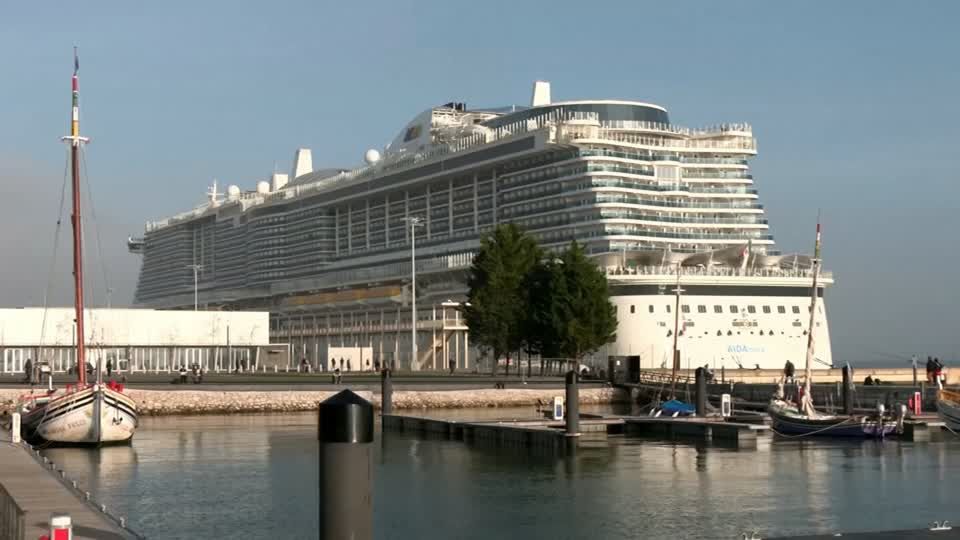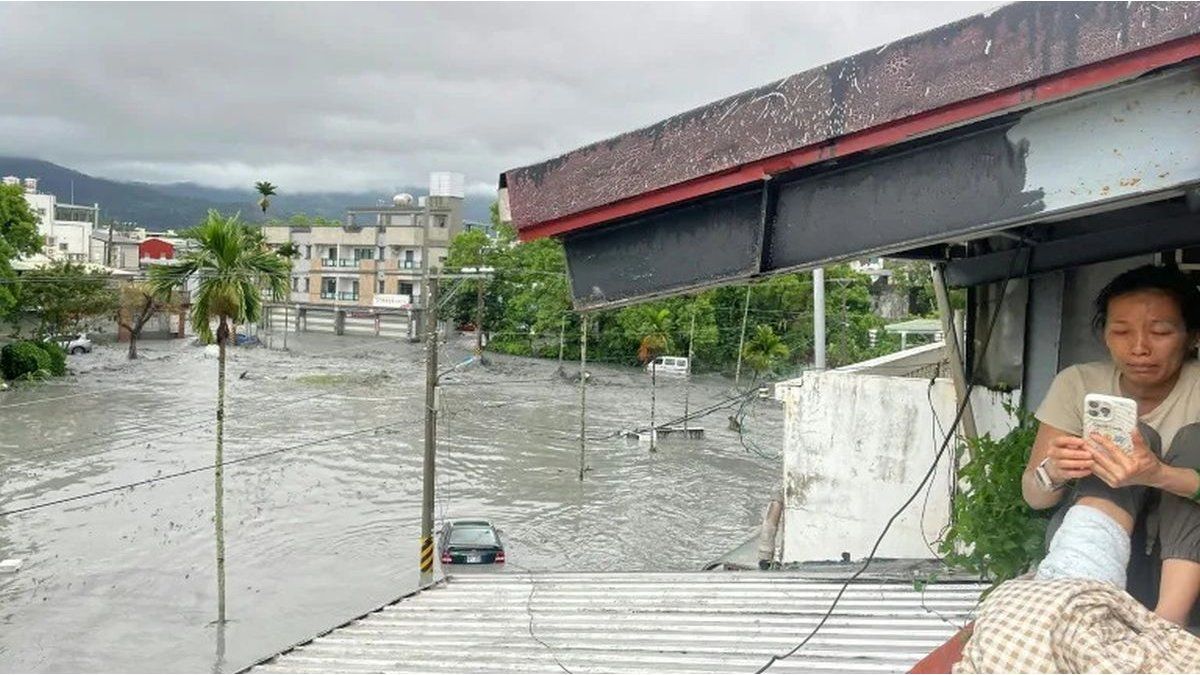On Friday, the federal and state governments will again discuss the corona measures – including whether the quarantine will be shortened for infected people who are boosted. A look at the arguments for and against shortened isolation.
In view of the increasing number of infections, it is imperative to re-coordinate the strategy in the fight against Corona. Health Minister Karl Lauterbach (SPD) said in an interview with RTL on Sunday evening “there will definitely be new resolutions” when the federal and state governments meet again on Friday (the star reported).
Also on the negotiating table: a shortened or even omitted quarantine period for those who have been boosted. In spite of or precisely because of the rapidly expanding omicron variant, what speaks for it, and what against it?
Critical Infrastructure Protection
The fact that experts assume that the number of cases will explode due to the highly contagious Omikron variant could become a serious problem, especially for the so-called critical infrastructure. This includes all organizations and institutions that are of crucial importance for the state community. If numerous employees are unable to work here due to a quarantine, this could have serious consequences. These areas were preparing for an emergency (the star reported) – However, a collapse cannot be completely ruled out.
In order not to even reach this critical point, quarantine exceptions for triple vaccinations could be decided in the critical infrastructure. The German Association of Towns and Municipalities has spoken out in favor of this. Infected boosters without symptoms of illness, according to General Manager Gerd Landsberg, should not have to be in isolation. The decision as to whether such an exception applies should always be made individually and on site. Bavaria’s Minister of Health, Klaus Holetschek (CSU), recently discussed an exemption from quarantine for boosted contacts to protect the critical infrastructure.
Other countries have cut quarantines
Great Britain and the have already shortened the quarantine period for infected people without symptoms to prevent acute staff shortages in areas necessary for basic services and safety. Both countries have to struggle with an even lower vaccination rate (70.5 and 62 percent) than Germany. In addition, Omikron is already the dominant form of the virus in both the United States and Great Britain.
In the USA, people who tested positive for Corona but show no symptoms will only have to isolate themselves for five days and then consistently wear a mask for five more days, as the CDC announced at the end of December. The reason: According to the current state of knowledge, infected people are most contagious in the days shortly before and shortly after the first symptoms appear.
Spain and Portugal shortened the quarantine period for asymptomatic infected people from ten to seven days. However, significantly more people are already fully protected against Corona here than in Germany: 21 percent of Germans who could be vaccinated have not yet done so as of Monday. But the state is obliged to protect the health of all its citizens – including those who refuse to be vaccinated. 32.3 million Germans have already received a booster vaccination and are therefore less contagious. However, this does not make up for the problem that more than 17 million Germans are not protected and that the majority of the daily new vaccinations are “only” booster sessions.

Greens health expert remains critical
However, since it must be assumed that the Omikron will soon also be dominant in Germany and that there is insufficient study material on the infectiousness of the variant, it remains questionable whether a shortened quarantine is justifiable at this point in time. The World Health Organization (WHO) continues to classify the danger posed by the Omikron variant as “very high”, as the organization announced in its last weekly status report. However, the WHO had shown understanding for the shortening of the quarantine period. A spokesman said it was a compromise between controlling the infection process and economic considerations.
In contrast to other mutations of the coronavirus, the Robert Koch Institute also advises isolation in the event of infection with the Omikron variant – “also for contact persons who have been completely vaccinated and recovered”. The RKI wants to make a recommendation on a possible shortening of the quarantine before the federal-state meeting. Especially in the event that load limits are reached, the quarantine rules could require shorter times, said the spokesman.
Janosch Dahmen, health expert for the Greens, sees a general shortening of the quarantine time for boosted people as critical. “To make the nurse, who could then infect the stroke or heart attack patient, a risk for the spread of this omicron wave through a shortened quarantine, I do not consider that to be the right way at the moment,” said Dahmen on Monday the show “Frühstart” from RTL / ntv. In certain areas of the critical infrastructure, however, the exception rule is conceivable – especially where highly specialized skills are required but there is little contact with others (for example in waterworks).
sources:; “”; ; with AFP and DPA
Source From: Stern




